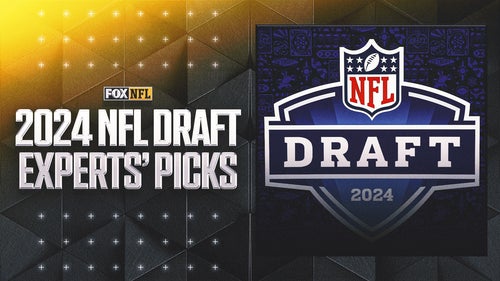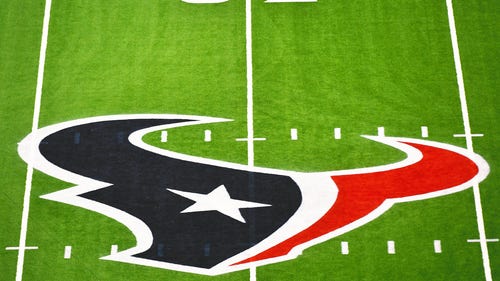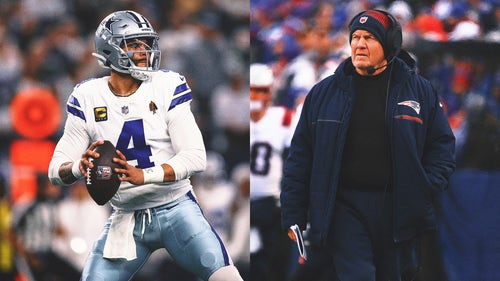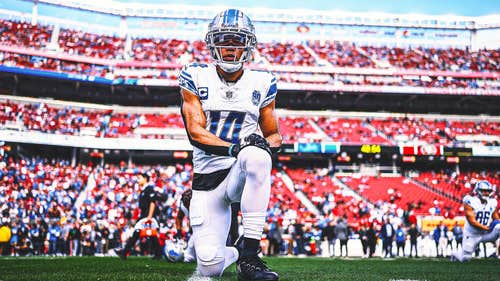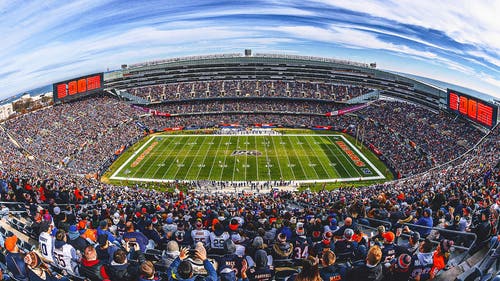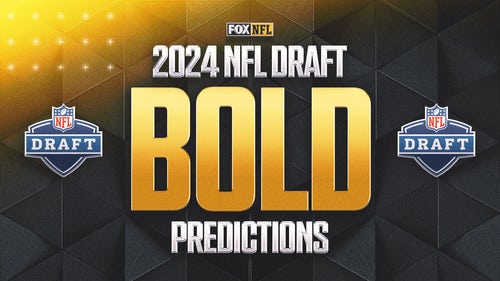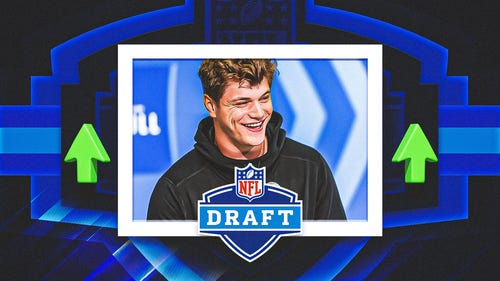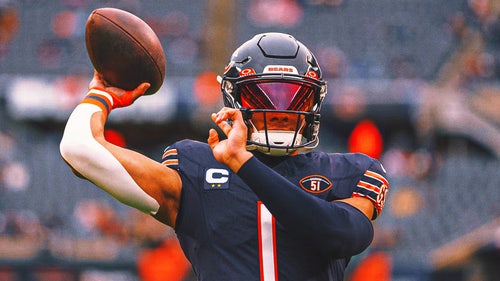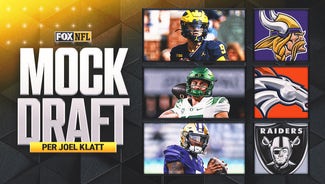
Players can take on weakened Goodell
In an election year, with November quickly approaching, NFL players clearly seem to be taking a page from the pols.
Do not attack policies. Attack people.
Policies with all of their intricacies and facts are hard to take down; even moreso when they are ones players collectively bargained and agreed to rather recently. People, on the other hand, are riddled with weakness and thereby make for far better targets.
This one is a socialist. That one is a flip flopper.
Or in the case of NFL commissioner Roger Goodell, this one is kind of a self-important jerk with way too much power that he wields like a South American dictator.
Actually, Goodell is more like ex-New York City mayor Rudy Guliani. He did what everybody wanted — cleaned up the city. Sure, he used bully tactics to do so, but nobody really cared because what he was doing, Disney-fying Times Square and a whole lot of really necessary changes, was what New Yorkers wanted. He became really popular for this until people started asking “Wait, he’s doing what to whom?”
I previously have written that the newest bounty program in the NFL is on Goodell, players going after him in courts of law. I still believe this to be true. What I no longer believe is this is just vindictive, capricious or a Hail Mary-esque ploy because all else has failed. The players and their reps and their lawyers and their reps' lawyers are going after Roger — in court and in the court of public opinion — because they see him as the weakness of a league that has virtually none.
They are right. There is weakness in power when applied without checks and balances, when applied forcefully, when applied in the interest of only a few.
The owners do not care because a) he has made a whole lot more money and rich people love money and b) they do not give a flying Fig Newton about the players or what they think, much as the New Yorkers did not care about the powerless being bullied by Guliani.
What changed in New York and is starting to change in the NFL is there is a line, and bullies almost always cross it, and that tends to alienate the people owners do care about — the ticket-buying public.
America and Americans love football. We love it even now, as we hear daily stories about the debilitating effects of the type of brain trauma inflicted by the game. We love it even now as we see what can happen when university football programs turn into feeder systems with no mandate to educate or impetus to do anything but win. We love it even now as the curtain has been pulled back on its very “kill the head and the body will die” nature. We are a forgiving bunch, especially when it comes to a few teeny, tiny flaws in our favorite way to spend a Sunday.
What we will not abide is a dictator. It goes against our sense of fairness or something, and this is exactly what Roger has become — and not the benevolent post-9/11 Guliani kind.
The question is not whether he has broad authority (he does) or if he is entitled to use it (he does). It is more about how often he exceeds this authority and how there is nobody in place to say so when it happens — as in this latest Bountygate development where Roger upheld his own suspensions of New Orleans players.
It is ridiculous, this business of appeals being decided by Roger, or people hired by Roger, or people who have to answer to Roger. It taints the process. And it taints Roger.
The idea floated in the aftermath of the least newsy NFL news in a while is that the league is just too powerful and too popular for it for this to cause any blowback for Roger. It is faulty logic to suppose the popularity of the league translates to Roger, much less inoculates him.
If the players association needed a rallying point, it certainly has one in Roger. It is not simply the lawsuit filed in federal court — one of many percolating right now — by the NFLPA on behalf of three Saints players. It is this feeling that the players are becoming more unified against him. And the players are not alone.
Ignore the Roger butt-kissers. They exist. They have their agenda. The reality is public perception of Roger has been shifting for a while. Once viewed as this cult hero, cleaning up the league and cracking down and basically righting what for too long had been too lax a treatment of troublemakers, he started going too far. He was given a lot of power. He did good work. He started taking on more power, and more power is rarely good.
There already had been a feeling of distrust among players about Roger, a feeling articulated by Pittsburgh Steelers linebacker James Harrison in Men’s Health magazine last year when he said, “ . . . until last year, there was no word of me being dirty — till Roger Goodell, who’s a crook and a puppet, said I was the dirtiest player in the league. If that man was on fire and I had to piss to put him out, I wouldn’t do it. I hate him and will never respect him.”
I do not care if Harrison was forced to retract. He meant it, and he was speaking for more than himself. Now the players have proof that Harrison had a point.
This Bountygate deal has shown Goodell will cut the players loose at the first sign of trouble, and they have no way to appeal. There is very little trust left and, without trust, there can be nothing.
“How does he have this much power?” was a question I have heard a lot since this Bountygate deal broke and a lot more after this latest appeal was denied.
It is not bad news for the players. The reality is Roger is giving them an opening. He has revealed a weakness. It is him.
And just as in politics, it is up to the players to go after it.






































































































































